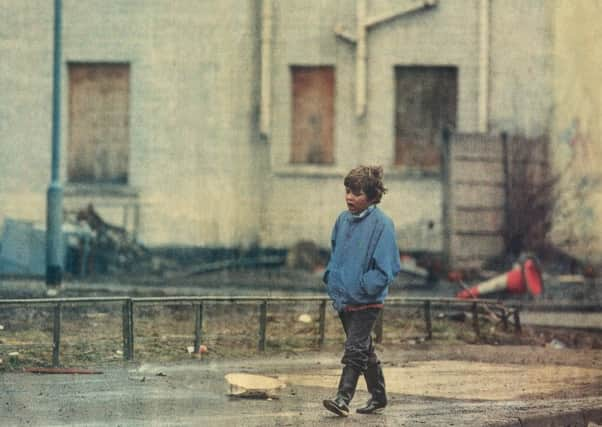The shocking life-expectancy gap between rich and poor is Scotland’s shame – Brian Wilson


If you believe politics should be about creating a just society, then Scotland’s most significant story this week did not involve Brexit or the constitution.
The National Records of Scotland’s Annual Review of Demographic Trends confirmed the shameful fact that men a few miles apart – in Scotland’s most and least deprived areas – have an average life-expectancy variation of 13 years, with 9.6 for women.
Advertisement
Hide AdAdvertisement
Hide AdEven worse, these are not historic figures reflecting lifestyle choices or past social conditions. They relate to children born in 2018. On every count, the gaps are widening slightly rather than narrowing, which is the least one might expect.
Nothing, it seems, is changing life prospects for children born into Scotland’s poorest areas. Nor will it until that becomes the highest objective of Government, focusing resources on pre-school, childcare, schools, homes; indeed every measure known to succeed, if given sufficient priority.
The Rowntree Trust last year found most Scottish families in poverty are in low-paid work with huge barriers to earning and advancing. While the devolved benefits system must be constructed primarily to avert poverty, it is a mistake to see benefits as the biggest issue. That same report reminded us it need not be like this: “Child Poverty can be eradicated. In the late 1990s and early 2000s, there were substantial falls in poverty driven by a supportive policy environment and a rise in employment...”
In a nutshell, that is why we need Labour governments with the courage to make a real difference, even if it means fewer free things for the better-off. The alternative lies in this week’s grim statistics on life expectancy for the infants – not of yesteryear but of today’s Scotland.
